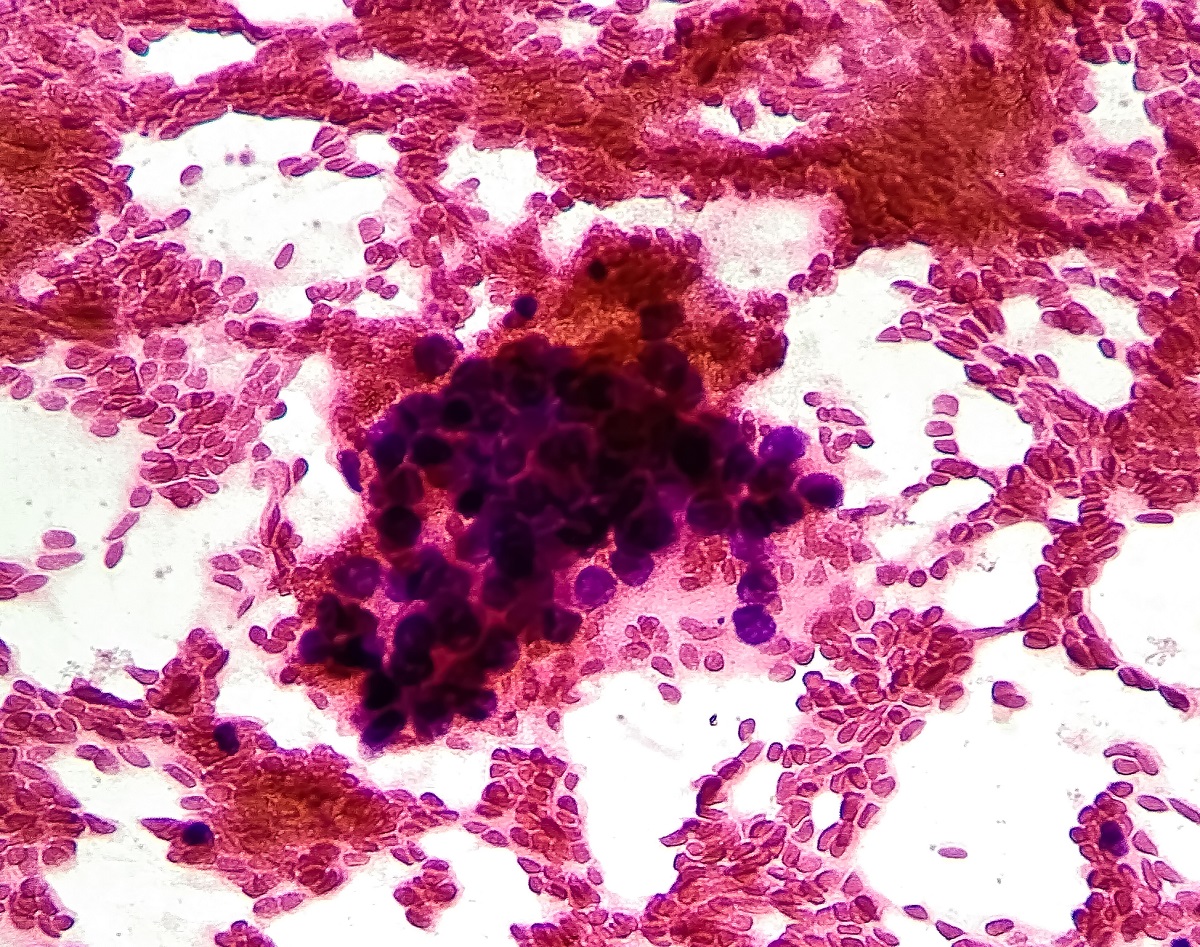KEY TAKEAWAYS
- The phase II trial aimed to evaluate the efficacy & safety of low-dose SBRT priming for ICIs in early-stage HCC.
- The study’s primary endpoint was significant tumor necrosis.
- The study revealed comparable pathologic response rates between SBRT + ICIs and cemiplimab alone in resectable HCC, with further analysis planned to elucidate immunodynamic effects.
Immune checkpoint inhibitors (ICIs) are the established treatment for advanced hepatocellular carcinoma (HCC). Studies in HCC and other cancers have explored combining stereotactic body radiotherapy (SBRT) with ICIs to enhance immunogenic cell death and ICI efficacy.
Early-stage HCC, often surgically resected, faces high recurrence rates (approximately 70%). A prior study introduced perioperative ICI (cemiplimab) in resectable HCC, revealing ≥50% necrosis in 35% of patients after two cemiplimab doses.
Thomas U. Marron and his research team spearheaded the study to evaluate the efficacy & safety of low-dose SBRT before ICIs in early-stage HCC patients.
Patients received (SBRT; 8 Gy x 3 fractions), followed by two cycles of neoadjuvant cemiplimab (350 mg every 3 weeks) before surgical resection. Adjuvant cemiplimab was administered for 8 cycles.
The primary endpoint was significant tumor necrosis (STN, >70% necrosis of resected tumor). Secondary endpoints included overall response rate(ORR), incidence of adverse events (AEs), and change in lymphocyte infiltration.
Exploratory analyses involved pre-treatment biopsies, serial blood collection, multiplex immunohistochemistry, and single-cell proteomic and transcriptomic analysis. The data cutoff was September 15, 2023, with surgical results from one patient obtained after the cutoff included.
About 20 patients were enrolled; the median age was 65 years, 80% were male, 50% were Asian, and 85% had a history of viral hepatitis. Among 16 patients undergoing surgical resection, 3 (19%) achieved significant tumor necrosis (STN), with 2 (13%) exhibiting complete tumor necrosis; in total, 6 (38%) had ≥50% tumor necrosis.
The most common adverse events (AEs) were anemia (35%), elevated transaminases (30%), and hyperglycemia (30%). No Grade ≥3 treatment-related AEs occurred during neoadjuvant therapy.
The results unveiled the effectiveness of SBRT + ICIs in resectable HCC, showing pathologic response rates comparable to cemiplimab alone. Deep tissue and blood analyses are planned to delineate the unique immunodynamic effects of this combination versus cemiplimab alone. The research was funded by Regeneron and Boehringer Ingelheim.
Source: https://cslide.ctimeetingtech.com/immuno23hybrid/attendee/confcal/show/session/2
Clinical Trial: https://clinicaltrials.gov/study/NCT03916627
Marron, T.U., ‘’LBA4 – Low-dose stereotactic body radiotherapy prior to pre-operative cemiplimab for patients with resectable hepatocellular carcinoma.’’ Presented at ESMO-IO 2023. (Abstract Session- LBA4)



